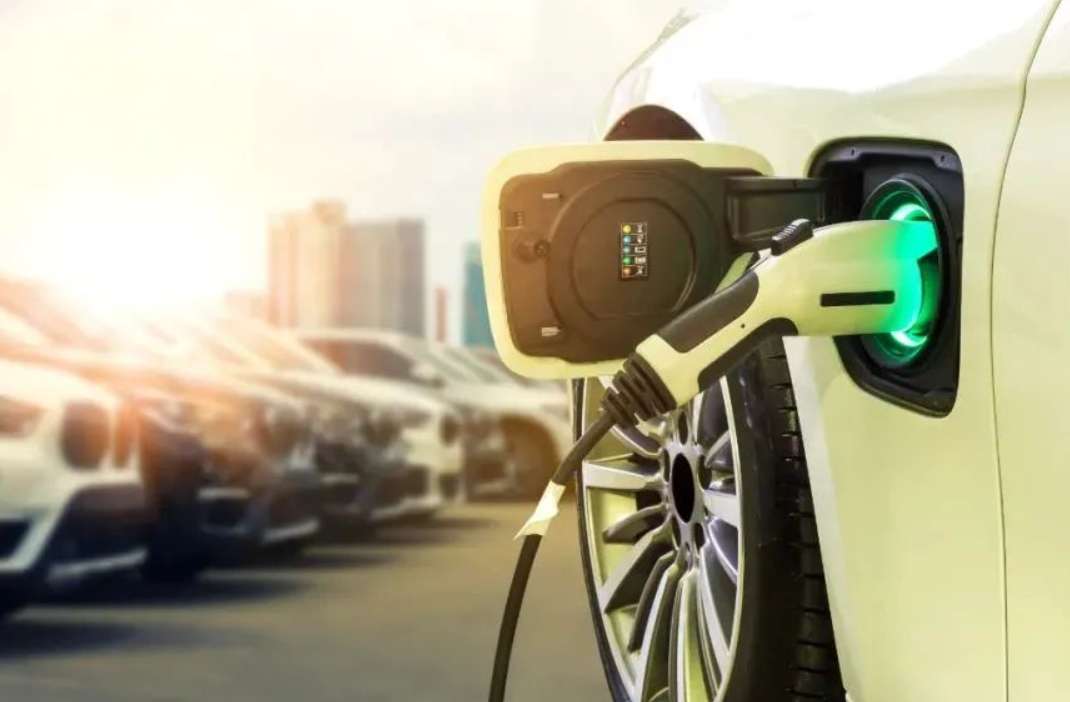Another Car Manufacturer Joins the "Smart Driving" Race
Advertisements
In a significant movement within the automotive industry, a rising number of car manufacturers are rolling out advanced intelligent driving systems across their entire product range. Recently, Lantu Motors' CEO, Lu Fang, made an announcement that by the end of 2025, all models from Lantu would either be equipped with Huawei’s QianKun intelligent driving or the company's own KunPeng technology. This move highlights a growing trend among car manufacturers to embrace cutting-edge smart technology as they compete in an increasingly saturated market.
Since 2025, the competition among automobile manufacturers has seen an intensification of technological advancements, particularly in the realms of intelligent and electric driving. The development and success of electric vehicles (EVs) in recent years have paved the way for intelligent driving systems and smart user interfaces to become crucial factors in influencing consumer purchasing decisions. Observers in the automotive industry now assert that the competitive landscape in China has shifted from a focus on electrification to one that prioritizes intelligent features.

He Xiaopeng, the chairman of XPeng Motors, remarked: “The Chinese tech company DeepSeek has astounded the global tech community, not only providing product experiences that rival those of OpenAI's models but also managing to keep costs extraordinarily low. Over the next decade, AI will drive significant transformations in the automotive sector and will catalyze monumental changes in hardware and software on a global scale.”
Given this upward trend, 2025 stands poised for robust domestic brands to leverage their advanced electrification technologies and cost-effective intelligence solutions to potentially usurp market share from traditionally dominant joint venture brands. Through continuous innovation and technological breakthroughs in both intelligent driving and cockpit experiences, domestic manufacturers are likely to establish a stronger foothold within the global automotive industry's ongoing transformation, setting the pace for the future of automotive intelligence.
Categories
Latest Post
- Another Car Manufacturer Joins the "Smart Driving" Race
- DeepSeek: Revolutionizing the AI Industry
- Slight Decline in Gold Prices
- Intel's Uncertain Future
- Japan's GDP Edges Up 0.1% Last Year
- Smart Insurance: The Industry's Transformation
- What Caused the Euro's Slight Decline?
- Opportunities in Gold Investment
- Gold Prices: A Double-Edged Sword
- Machinery Sector Sees Renewed Growth